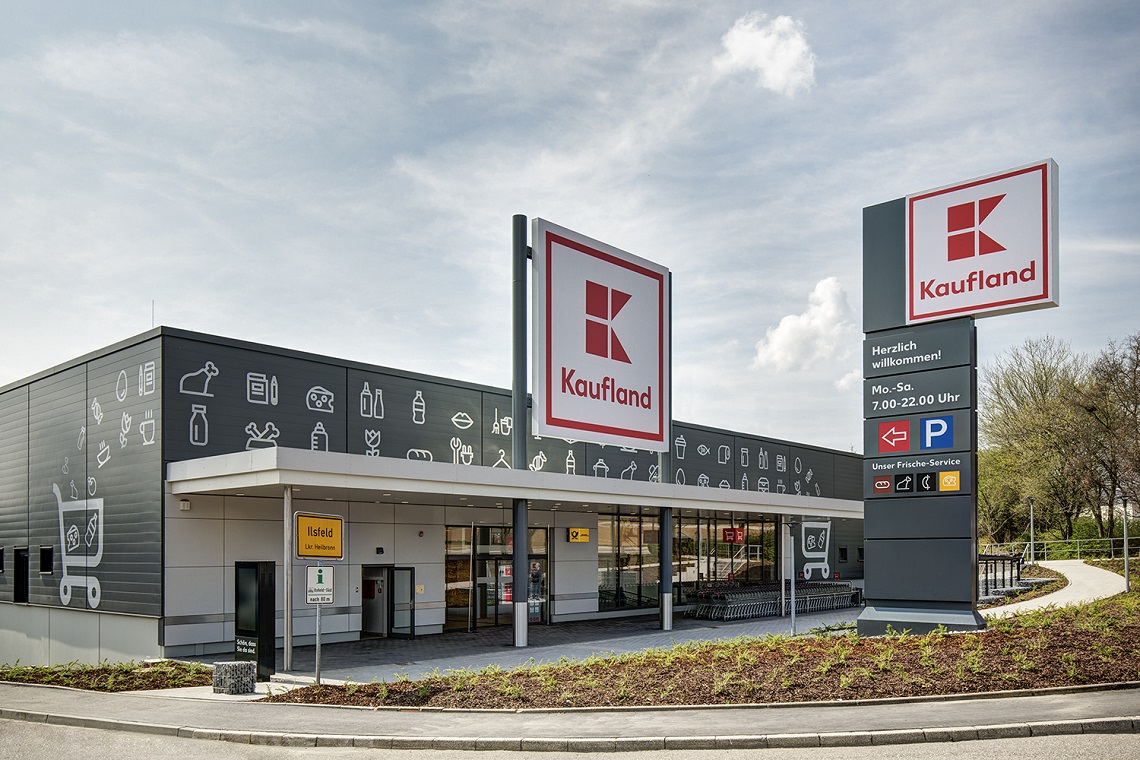Independent retail members of Master Grocers Australia (MGA) say they are “vindicated as Kaufland quits Australia”.
Kaufland, one of the world’s biggest retailers, announced its shock exit from the country in January. At the time it had yet to open a store, however had employed 200 local staff, invested around $500 million, been approved for multiple store locations, and had begun significant construction on some sites.
MGA members said they are disappointed in the way that Kaufland was able to enter Australia, and hope that local and state governments can learn from the exit.
In a recently released statement, MGA said that independent supermarket operators realised that a new large operator would create challenges, but they thrive on competition. They “naively” thought there would be time for them to prepare to compete, as Kaufland followed procedures in place for new retailers.
However, MGA point to many instances that they believe Kaufland was able to navigate outside of procedure. The statement said Kaufland: “Came into Australia and ran roughshod over communities, local councils and state governments, in order to quickly establish their business. Unfortunately, the people we elected to Government allowed them to do so, with no consideration at all as to the deleterious impact this was likely to have on small family and private businesses.”
As reported in TheShout after Kaufland received approval for Victorian sites, MGA believes that governments made concessions for Kaufland without considering the economic or social welfare of existing established family and private businesses.
Jos de Bruin, CEO of MGA said at the time: “The precedent is now that any industrial land in Victoria can turn into a shopping centre, with subsequent impacts on local businesses and local amenity.
“At the end of the day though, these are decisions which should be made through the usual local planning processes, so the entire community can have a say.”
Reflecting after the exit, MGA said: “Governments made decisions based upon short sighted economic benefits that were promised by Kaufland. Benefits that would help grow the State’s economy such as store development, staffing stores, warehousing facilities and etc.
“No one worked out the down-side cost of Kaufland coming into the Australian market – no one calculated the consequential job losses and business failures in the small business sector.”
The organisation has also said that: “The independent supermarkets sector is resilient. While the Kaufland withdrawal is disappointing to many, it is vindication for the independent retail sector.
“It is hoped that, if there is a ‘next time,’ that Kaufland is prepared to abide by a level playing field and trade in Activity Centres with a smaller footprint retail outlet and may be then it will succeed.”
For the near future it appears that this isn’t an intention for Kaufland, recently listing nine sites across three states for sale late last month.

